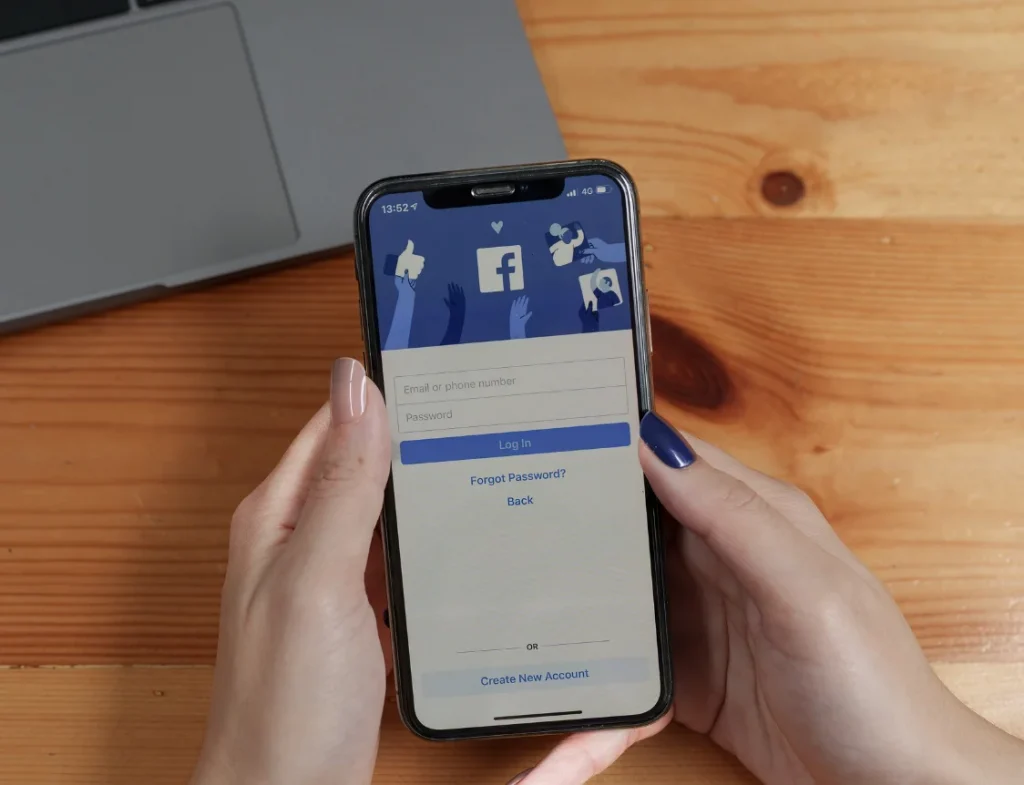It’s a strange phenomenon that has left many scratching their heads. You mention something to a friend—perhaps a product, a place, or even a casual interest—and hours later, it appears as an ad on your Facebook feed.
These experiences have sparked a wave of suspicion among users worldwide. Could Facebook be secretly listening to us through our devices?
Artists Sam Lavigne and Tega Brain, intrigued by the idea, created a project called “The New Organs.” It compiles firsthand accounts from users convinced that their conversations triggered specific ads.

Despite these claims, Facebook’s CEO, Mark Zuckerberg, has firmly denied using microphones to spy on users. During a 2018 Senate hearing, Zuckerberg simply responded “no” when questioned about such practices.
However, Facebook’s troubled history with data privacy has made people skeptical. The infamous Cambridge Analytica scandal revealed how 50 million users’ data was exploited for targeted campaigns.
This scandal highlighted how data from Facebook was used to influence major events, including the 2016 U.S. presidential election. Many believe it showcased just how deeply our personal data is being harvested.

So, while Facebook denies actively “listening,” its ability to serve eerily accurate ads remains unsettling. And the explanation, it seems, is not quite what we expect.
Tracking Without Eavesdropping
The truth may be even more complex than microphone surveillance. Facebook doesn’t need to listen to users when its data collection capabilities are so advanced.
Every action on Facebook, from liking posts to joining groups, leaves behind a digital footprint. These footprints allow the platform to build detailed profiles of user behavior.

Imagine a scenario: you’re at a party and a friend talks about a new meal subscription service. Hours later, an ad for that service pops up on your timeline.
Facebook’s algorithms rely on a combination of tools to make such connections. Location tracking, social ties, and shared online activities all play a role in creating these targeted ads.
If your friend interacted with that service online, Facebook’s system links your proximity and mutual interests. It then assumes you might be interested too, even if you’ve never searched for it.

This is the power of Facebook’s data analysis. Its algorithms compare your profile with others and predict your preferences based on shared patterns.
The Depth of Data Tracking
Facebook doesn’t just track activity within its platform. Tools like Facebook Pixel allow advertisers to follow your browsing habits across the web.
Every time you visit a site with this embedded code, data about your activity is sent back to Facebook. This enables the platform to serve ads that seem uncannily specific.
Location tracking takes things further. Even when you’re not logged in, Facebook can track your phone’s movements, provided you’ve granted location permissions.

If you and a friend are at the same location, and that friend engaged with a product online, Facebook connects the dots. This creates the illusion that the platform is listening to your conversations.
Can You Escape the Tracking?
For those uneasy about this level of surveillance, Facebook does offer some options. You can adjust your ad preferences and limit tracking permissions through your account settings.
However, these adjustments only scratch the surface. As long as you’re active on Facebook or its associated apps like Instagram or WhatsApp, enough data is collected to target you with ads.

The only way to fully escape this digital profiling is to leave the platform altogether. Yet for most users, the benefits of connectivity often outweigh the concerns of privacy.
So, Is Facebook Spying?
After years of speculation, the answer remains no—at least not in the way many imagine. Facebook is not secretly listening to conversations through your smartphone microphone.
Instead, it leverages every action you take, online and offline, to create highly personalized ad experiences. This explains why ads seem to appear moments after conversations take place.

The reality is that Facebook’s data collection capabilities are so advanced that they mimic the effect of eavesdropping. Every like, click, and location feeds into its algorithms.
Ultimately, it’s not magic, nor is it spying in the traditional sense. But it’s a reminder of how much we unknowingly share with technology—and how little privacy we truly have.
Featured Image Credit: (CanvaPro)


